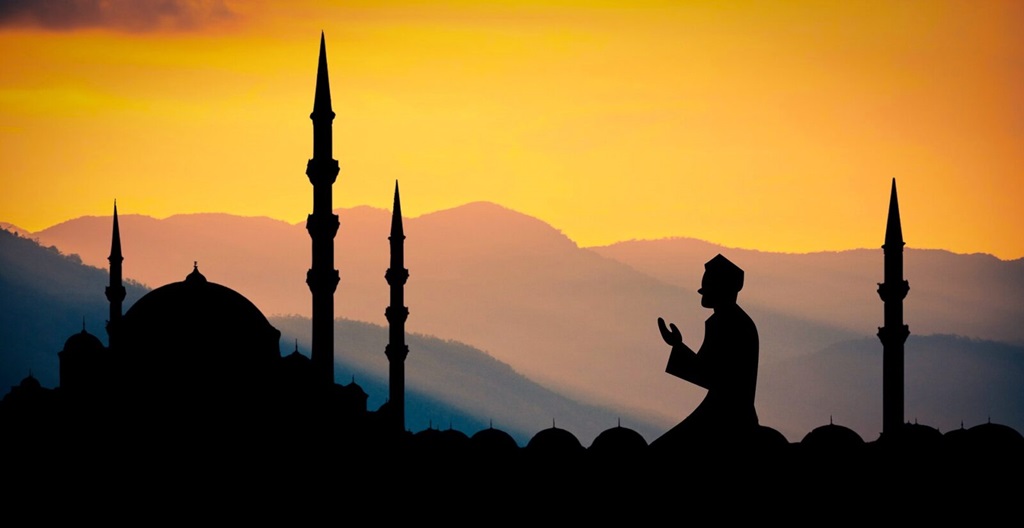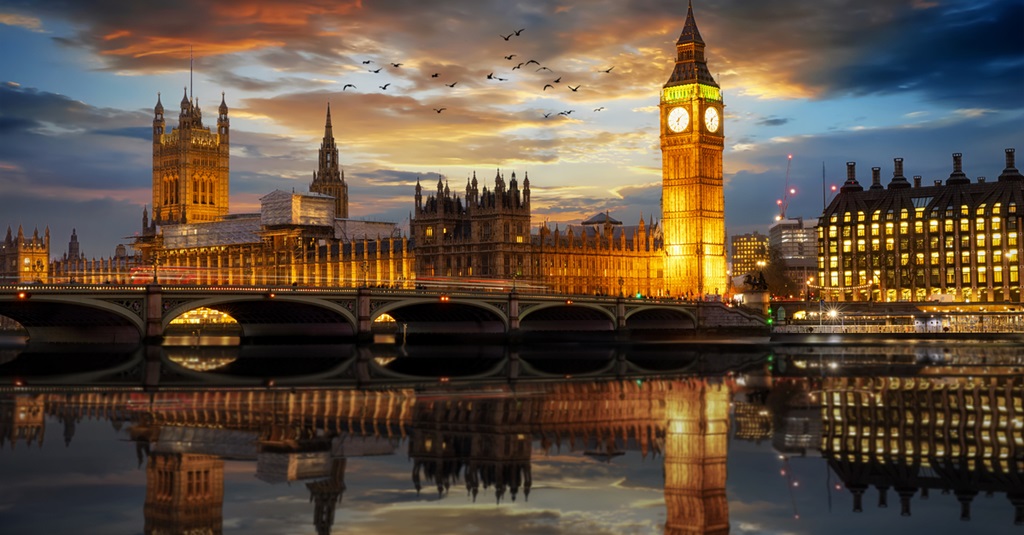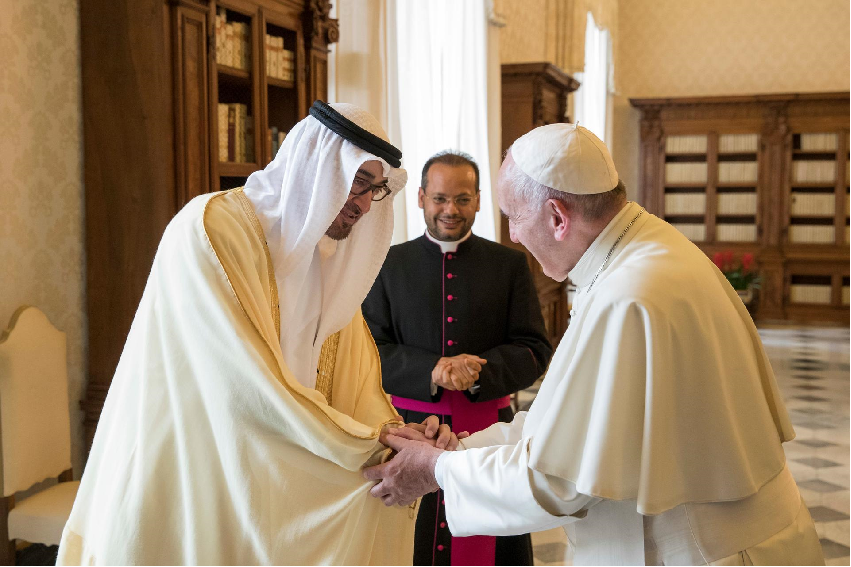
How Many Types of Religion Are There?
In the vast tapestry of human beliefs, religion stands out as a complex and multifaceted phenomenon. Understanding the various types of religions is not just an academic pursuit; it’s a key to comprehending the diverse cultures and societies that populate our planet.
Definition of Religion
Religion, at its core, is a set of beliefs and practices that seek to explain the meaning of life and establish a connection between the individual and the divine or sacred. It encompasses a wide array of worldviews, rituals, and moral values.
A. Significance of Understanding Types of Religion
Delving into the different types of religion is essential for fostering tolerance, promoting interfaith dialogue, and appreciating the rich cultural heritage that stems from various belief systems. This article aims to shed light on the major types of religions, from the well-known to the lesser-explored.
B. Overview of the Article
Our journey will begin with an exploration of the major world religions, followed by a deep dive into indigenous and folk traditions, new religious movements, secular beliefs, and the less familiar religious paths. Along the way, we’ll discuss the factors influencing religious diversity and dispel common misconceptions.
Major Types of Religion

A. Islam
With over a billion adherents, Islam, founded on the teachings of Prophet Muhammad, encompasses a rich history and a spectrum of traditions.
B. Christianity
Undoubtedly, one of the most widely practiced religions globally, Christianity boasts diverse denominations, each with its unique interpretations of the Bible and distinct traditions.
C. Hinduism
Hinduism, a complex and ancient faith, embraces a variety of beliefs and practices, including karma, dharma, and the pursuit of moksha.
D. Buddhism
Originating from the teachings of Siddhartha Gautama, Buddhism emphasizes enlightenment and the Four Noble Truths, attracting followers worldwide.
E. Judaism
As one of the oldest monotheistic religions, Judaism has profoundly influenced Abrahamic faiths and has a rich tapestry of traditions and rituals.
Indigenous and Folk Religions
A. Animism
Prevalent in many indigenous cultures, animism revolves around the belief that spirits inhabit natural elements, emphasizing harmony between humans and the environment.
B. Shintoism
Rooted in Japan, Shintoism venerates kami (spirits) and emphasizes rituals at shrines, marking a unique blend of spirituality and cultural practices.
C. African Traditional Religions
Diverse and vibrant, African traditional religions encompass a range of beliefs in ancestral spirits, deities, and sacred rituals.
New Religious Movements

A. Scientology
Founded in the mid-20th century, Scientology incorporates psychological concepts and a unique cosmology, attracting both intrigue and controversy.
B. Wicca
As a modern pagan and witchcraft tradition, Wicca celebrates nature, magic, and a reverence for the divine feminine.
C. Bahá’í Faith
Promoting the unity of all religions and emphasizing global peace, the Bahá’í Faith emerged in the 19th century and has a growing international presence.
Secular and Non-religious Beliefs
A. Atheism
Atheism rejects the belief in deities, emphasizing empirical evidence and rationality in understanding the world.
B. Agnosticism
Taking a more agnostic stance, individuals acknowledge uncertainty about the existence of deities, emphasizing the limits of human knowledge.
C. Humanism
Humanism focuses on ethics, reason, and compassion, advocating for the well-being of humanity without relying on supernatural beliefs.
Uncommon or Lesser-Known Religions
A. Jainism
Rooted in ancient India, Jainism emphasizes non-violence, truth, and ascetic practices, influencing philosophical thought.
B. Sikhism
A monotheistic faith founded by Guru Nanak, Sikhism promotes equality, justice, and devotion to one God.
C. Zoroastrianism
One of the world’s oldest monotheistic religions, Zoroastrianism centers on the teachings of Zoroaster and emphasizes the battle between good and evil.
Factors Influencing Religious Diversity

A. Geographic Location
The geographical distribution of religions often shapes their development, leading to diverse practices and interpretations.
B. Cultural Influences
Cultural contexts significantly impact how religions are practiced and integrated into daily life, creating a rich tapestry of traditions.
C. Historical Events
Historical developments, including migrations, invasions, and colonialism, have played a crucial role in shaping the spread and evolution of religious beliefs.
Common Misconceptions About Religions
A. Stereotypes
Breaking down stereotypes is essential for fostering understanding, as many misconceptions arise from a lack of knowledge and exposure.
B. Interfaith Dialogue
Promoting dialogue between different religious communities can bridge gaps and dispel misunderstandings, fostering mutual respect and cooperation.
C. Importance of Education
Education is a powerful tool in dispelling ignorance and promoting tolerance, emphasizing the need for accurate and unbiased information about various religions.
The Role of Religion in Society
A. Morality and Ethics
Religions often provide moral frameworks, influencing ethical standards and guiding individuals in making ethical choices.
B. Cultural Practices
Religious rituals and traditions contribute significantly to the cultural identity of communities, fostering a sense of belonging and continuity.
C. Social Cohesion
Religious communities often serve as social units, providing support networks and contributing to the cohesion of societies.
Contemporary Challenges

A. Religious Intolerance
In an interconnected world, addressing religious intolerance is crucial for promoting peace and understanding among diverse communities.
B. Secularism vs. Fundamentalism
Balancing secular values with religious freedom is an ongoing challenge, requiring thoughtful consideration of individual rights and societal harmony.
C. Impact of Technology
The digital age poses new challenges and opportunities for religions, influencing how believers connect and express their faith in the virtual realm.
Conclusion
A. Recap of Key Points
Exploring the diverse types of religion reveals a rich tapestry of beliefs and practices, fostering understanding and appreciation for global cultural diversity.
B. Emphasizing the Diversity of Religions
The myriad of religious paths highlights the importance of embracing diversity and promoting a world where individuals of different faiths coexist harmoniously.
FAQs
-
Q: Are there more religions than the ones mentioned in the article?
- A: Yes, the article provides an overview, but there are numerous other religions and belief systems worldwide.
-
Q: How can I engage in interfaith dialogue?
- A: Actively seek opportunities to learn about different religions, participate in community events, and foster respectful conversations.
-
Q: Is it possible to follow more than one religion?
- A: Some individuals practice syncretism, blending elements of multiple religions, but it’s not universally accepted in all faiths.
-
Q: What is the role of spirituality in secular beliefs?
- A: Secular individuals may embrace spirituality as a personal, non-religious connection to a greater sense of meaning.
-
Q: How can we address religious intolerance in society?
- A: Education, promoting empathy, and encouraging open dialogue are essential steps in combating religious intolerance.





